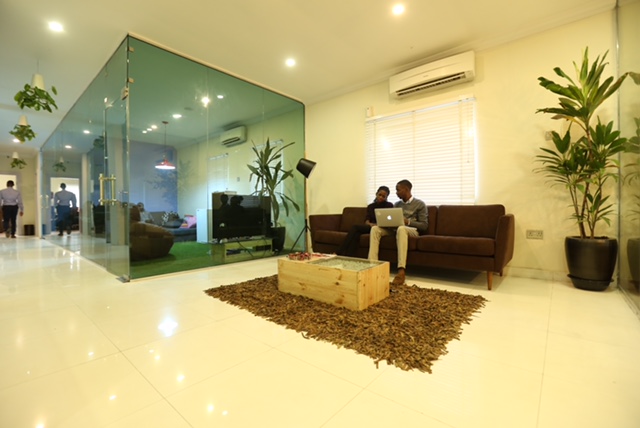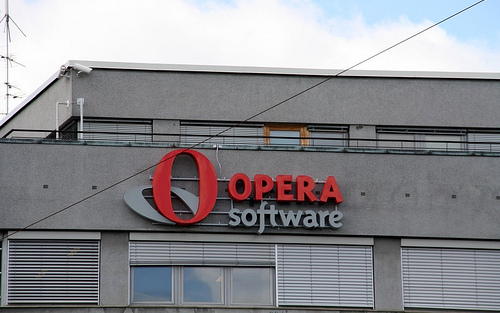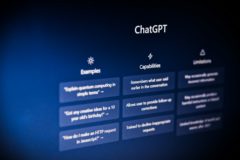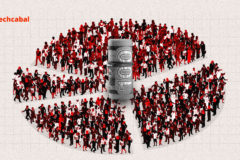Note: Spoiler Alert! There are gigantic spoilers in this post.
I watch a lot of TV shows and movies. And what keeps me faithful to a TV series in particular is how much knowledge I can gain from it.
Silicon Valley, is one of the most interesting TV shows I’ve seen in a long while. I just blitzed through seasons one and two, and was very impressed with how much knowledge I gained, aside the laughter and satire. The show pokes fun at the Silicon Valley life. Here are four major lessons I learned from it:
Be careful who you share your ideas with
This lesson goes along with another: if you must share your idea, be careful which part of it you share.
Richard Hendricks, one of the show’s main characters, was a programmer working on a music app called Pied Piper. He showed his algorithm to two of his colleagues at Hooli who didn’t like him. You can guess what happened next, his colleagues took his algorithm and reverse-engineered it. Another problem was, they worked at a big company that had the resources to fund the development of the idea while Richard had no resources.
However, an investor Richard pitched to was able to offer him $200,000 for a 5% equity. With this money, he advanced with his idea but he was already off to a rocky start.
High valuations aren’t always a good thing
At the end of the show’s first season, Richard and his team pitched their idea at TechCrunch Disrupt and won. This win gave some much needed exposure to Pied Piper, which had now pivoted into a middle-out compression infrastructure. Investors started swarming in like bees. It’s important to note here that Raviga’s managing partner who initially invested in Pied Piper died at the start of the second season. Massive offers came from many other investors but Richard decided to go with his first investor’s company, Raviga Capital Management. The offer was for $20 million at a $100 million valuation.
While it was attractive, it could also be a death trap. It meant that the Series B funding could not be anything less than $20 million. A down-round would scare investors and kill the company.
“Accepting the initial offer would be setting yourself up for grand failure,” said Monica, Raviga’s representative and Richard’s friend. This could kill them off in the long run. So, after listening to good advice, Richard opted for $10 million at a $50 million valuation.
But you see, Richard’s first mistake [highlighted in the first point] came back to bite him in the behind. Hooli slammed a copyright infringement lawsuit at Pied Piper. Frivolous as it was, it also spelt impending doom for Pied Pier. Which leads to my next point.
Corporate sharks don’t give a hoot about morality
Hooli’s lawsuit against Pied Piper was frivolous alright. But it also meant investors started backing off Pied Piper. This hurt Richard and his team and they had to look for alternate means of funding. Unfortunately, their alternative means was Russ Hernaman, “the man who put radio on the internet.”
This decision would eventually cost Richard full ownership of his company as he was ousted as the CEO at the end of season two.
Life is a sum of all our decisions
This is the final lesson I learned, it is also the most important for me. Richard’s foolish decision to show his algorithm to people who didn’t like or care about him in the very first episode set several events in motion. A few of the events worked out for his good, lots didn’t. Whichever way, it’s important for us to note that life gives us what we put in. Our choices, in business and all other areas, puts us where we are.
Photo Credit: vivoandando via Compfight cc





















